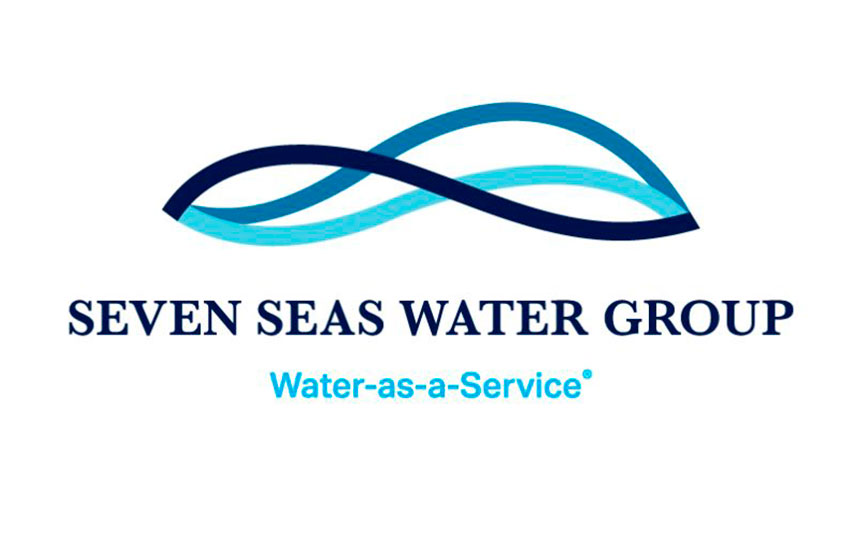Contracts like BOO and BOOT help ensure that water and wastewater infrastructure remains in top condition
New water infrastructure can vitalize a community, but, as time wears on, water and wastewater treatment plants can fall into disrepair, not just from physical forces, but from social and political influences as well.
If neglect continues for too long, plants can become irreparable, and a new plant must be financed and built for much more than regular maintenance would have cost. Newer infrastructure delivery models, however, have had great success keeping water assets from spiraling into the “build-neglect-rebuild cycle.”
Water infrastructure is generally delivered with the best of intentions, but governmental bodies may not always fully appreciate the extent of operations and maintenance (O&M) requirements.
Protocols and local inventory systems must be established, and permanent professional staff must be attracted and retained to follow and maintain them. Legal obstacles need to be cleared, and compliance with dynamically evolving regulatory frameworks followed. These requirements all tend to run outside the normal functions of government.
Political Issues
Competing political issues and interests frequently draw focus and resources away from water infrastructure. Once water services are established, it is easy for taxpayers to begin taking them for granted.
Under political pressure, water prices often are set artificially low, which could mean adequate funds may not be available when repairs are needed. Taxation for repairs can then become a political issue, and public trust may be damaged. Few governmental incentives may exist, and if government and asset management roles are poorly delineated, accountability can deteriorate.
Public-Private Partnerships
The public-private partnership (P3) model has developed into a powerful tool to align interests, not only in the delivery of infrastructure but also in continuing O&M requirements. A P3 contract is a long-term infrastructure delivery agreement between a public entity and a private water company, generally with ongoing O&M included.
Some early P3 projects were greeted with public mistrust and fear of loss of local control. Since then, however, the P3 model has evolved to include performance-based contracts that address previous fears. P3 contracts also suffered from being transaction-heavy and politically challenging, but legal frameworks are now launching globally to facilitate them.
Popular Financing Models for Water and Wastewater Treatment
Public-private partnerships use a variety of financing models, which are also available to nongovernmental entities, including property developers and industrial clients.
Popular performance-based contract models include build-own-operate (BOO) and built-own-operate-transfer (BOOT) agreements, which operate like water services concessions. Seven Seas’ Water-as-a-Service® (WaaS®) offers performance-based agreements that deliver water services at a predetermined price, quality, and quantity, or the company is not paid.
Because the company carries long-term O&M responsibility, it is incentivized to use the most durable equipment available for reliable operation and fewer maintenance problems.
One of the most important benefits of these models is that they allow government and private clients to leverage the expertise of a specialized company to be proactive rather than reactive in upkeep. WaaS™ avoids infrastructure degradation with a team of Seven Seas experts, who stop problems before they start.
In P3s, BOO and BOOT structures can also garner public support by relieving taxpayer risk. With prices, service, and quality agreed upon upfront, water pricing cannot become a political football.
While governments and private businesses both deal with any number of competing interests that can divert focus from steady infrastructure maintenance, a specialized water company focuses on water alone. Here at Seven Seas, we hope to extend agreements well beyond the original contract expiration, so we focus on forming lasting relationships, not on the termination of an equipment warranty.
All too often, neglect and disrepair prevail when a firm commitment to water infrastructure O&M is not present. BOO and BOOT contracts, however, stack multiple incentives to encourage steady maintenance for healthy infrastructure. Contact Seven Seas to keep your water and wastewater facilities in top condition.

